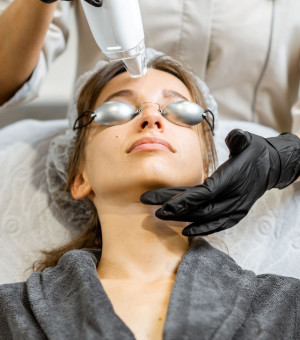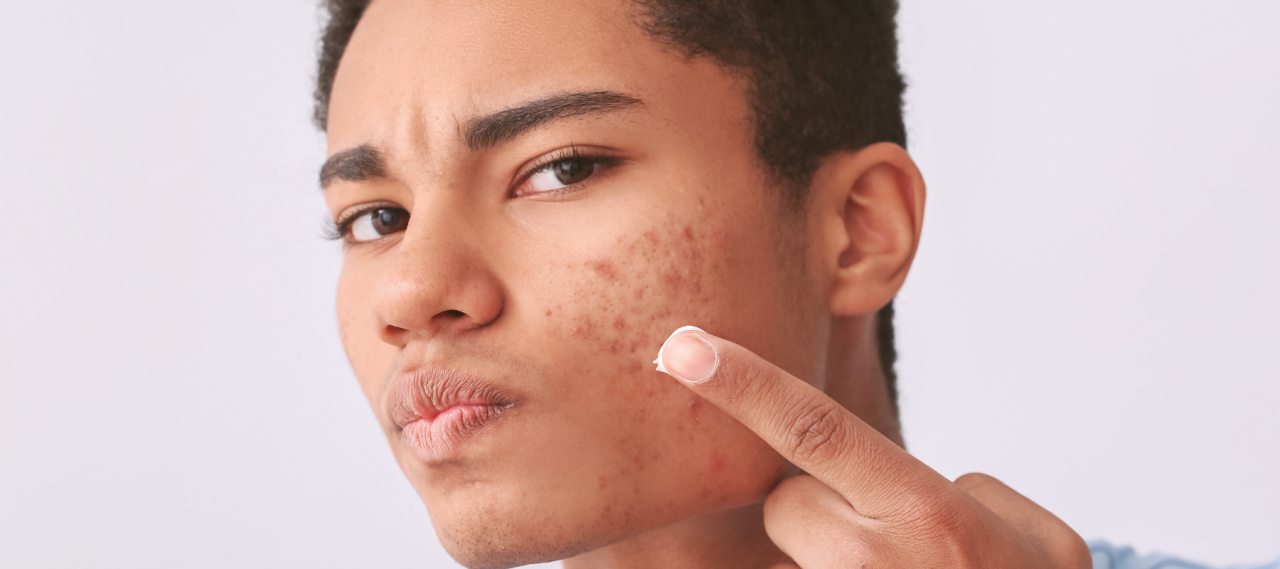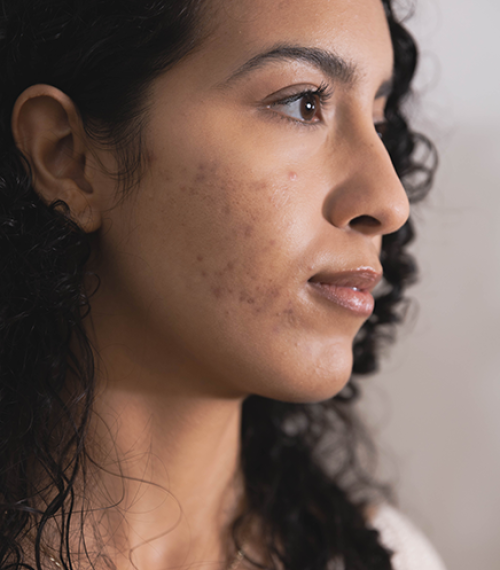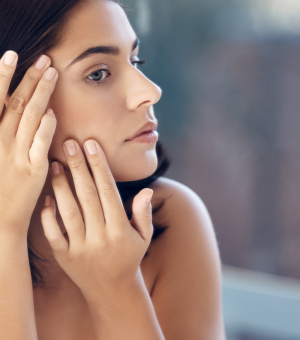Self-esteem and body image
Adolescence is a crucial developmental period when self-esteem and body image are formed. Acne can cause feelings of insecurity and discomfort, leading to low self-esteem and negative body image. This can be especially difficult for teens who are already dealing with the physical and emotional changes associated with puberty.
Social relationships and isolation
Acne can also have an impact on teenagers' social relationships. Negative stereotypes and judgments associated with acne can lead to teasing or derogatory remarks from peers, which can lead to social isolation and loneliness. In addition, teens with acne may avoid certain social activities for fear of judgment or embarrassment.
School performance and stress
Acne can also affect teens' academic performance, as concerns about their appearance and self-esteem can interfere with their concentration and motivation. In addition, the stress of managing acne can make symptoms worse, creating a vicious cycle.




